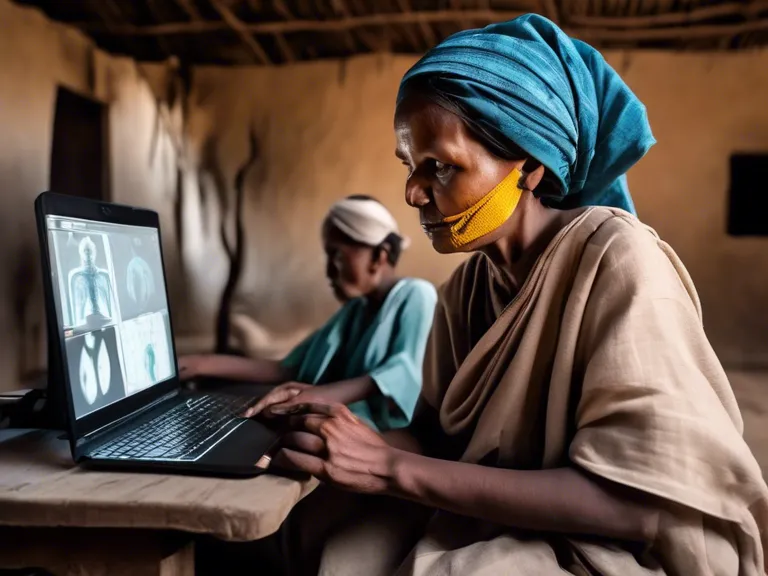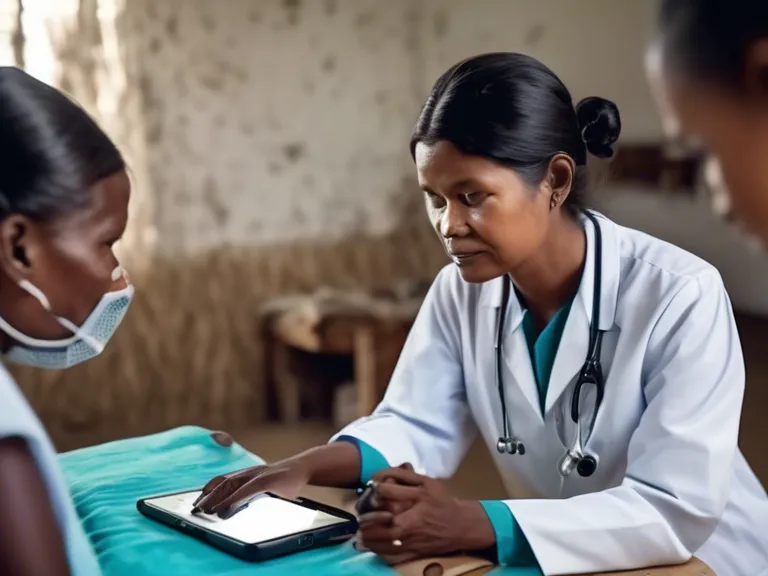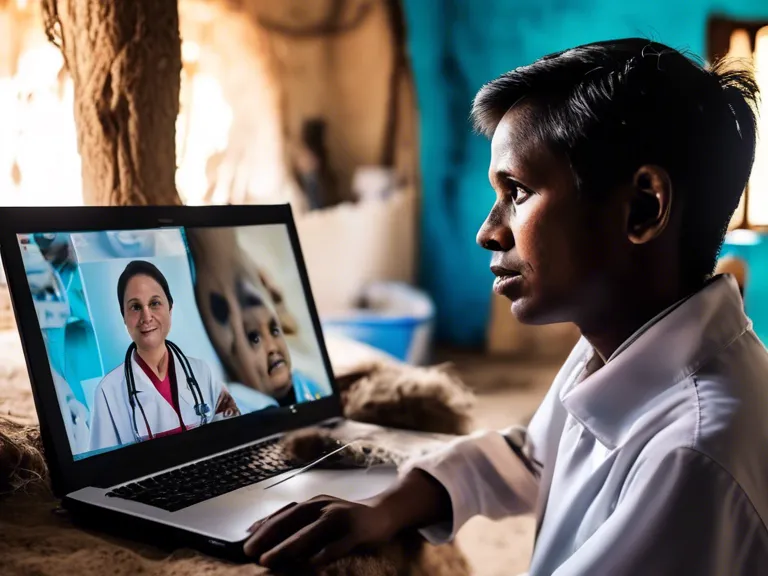
In remote villages where access to healthcare is limited, AI-powered health monitoring systems are transforming the way residents receive medical attention. These innovative technologies utilize artificial intelligence to track vital signs, detect early warning signs of illness, and provide real-time feedback to healthcare providers. By harnessing the power of AI, rural communities can now benefit from improved healthcare services without the need for in-person visits to a hospital or clinic.
One key advantage of AI-powered health monitoring in remote villages is the ability to collect data on a continuous basis. With wearable devices and sensors, individuals can track their health metrics such as heart rate, blood pressure, and temperature throughout the day. This data is then analyzed by AI algorithms to identify any abnormalities or trends that may indicate a potential health issue. By detecting problems early on, residents can receive prompt medical intervention and prevent serious complications.
Additionally, AI-powered health monitoring systems can provide personalized recommendations for each individual based on their unique health profile. By analyzing a person's medical history, lifestyle habits, and genetic factors, AI algorithms can suggest personalized diet plans, exercise routines, and medication schedules to help individuals manage chronic conditions and maintain overall well-being. This personalized approach to healthcare can lead to better outcomes for residents in remote villages who may have limited access to healthcare resources.
Moreover, AI-powered health monitoring systems can also facilitate telemedicine consultations with healthcare providers. Through remote video calls and messaging platforms, residents can connect with doctors and specialists for medical advice, diagnosis, and treatment. This virtual care model allows individuals to receive medical attention from the comfort of their own homes, eliminating the need for long travels to distant healthcare facilities.
Overall, AI-powered health monitoring systems are revolutionizing healthcare delivery in remote villages by providing accessible, cost-effective, and personalized care to residents. With the help of artificial intelligence, individuals in underserved communities can now receive timely medical attention, manage chronic conditions effectively, and improve their overall quality of life.



